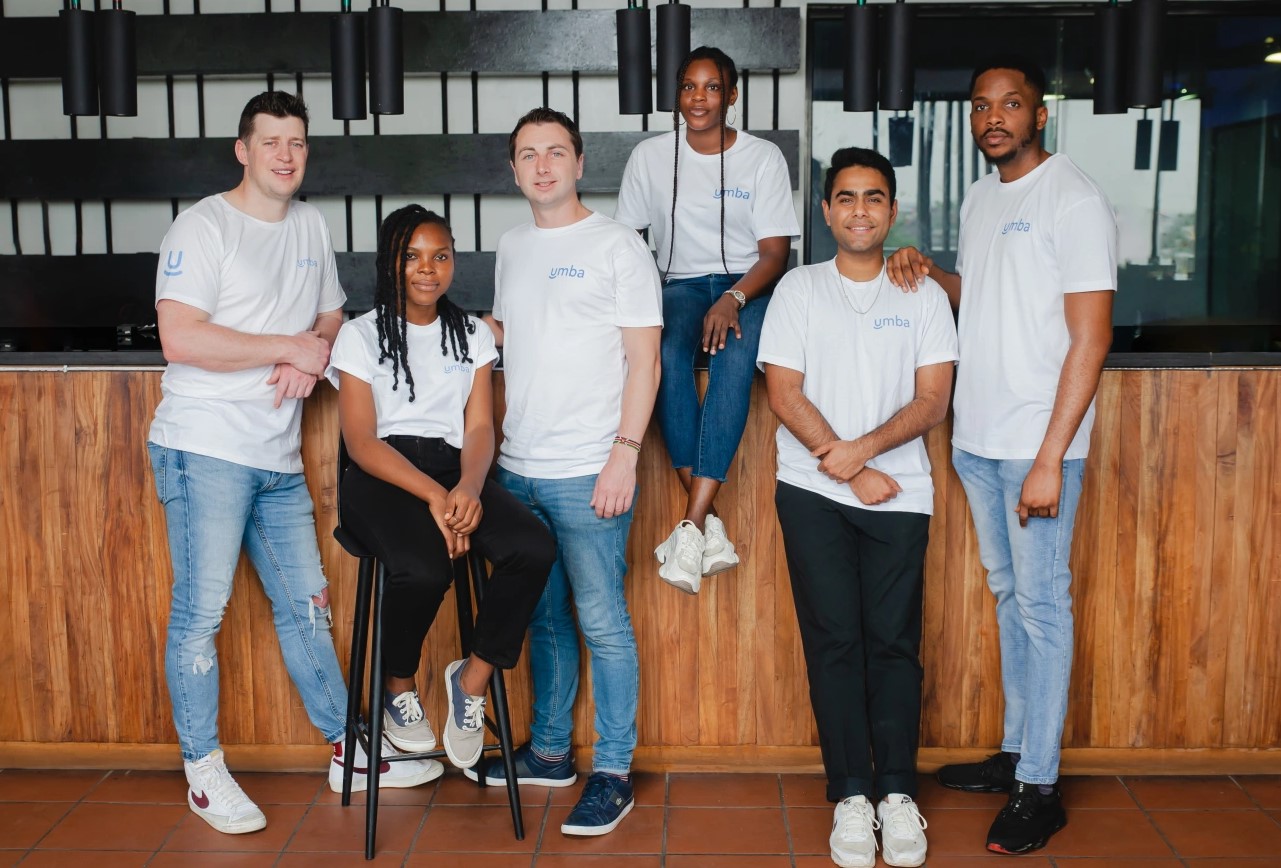Umba, a Nigerian digital banking startup, has raised $15 million in Series A funding to address a currently underserved market. The round comes almost two years since the fintech received a seed round of $2 million.
Nubank, Monzo co-founder Tom Blomfield, and prior investors Lachy Groom and ACT Ventures, Lux Capital, Palm Drive Capital, Banana Capital, and Streamlined Ventures also participated in the round Costanoa Ventures led.
There is no scarcity of digital banks in Nigeria and Africa at large. This fintech believes that now is the ideal time to deliver financial services to every market category, from the banked to the unbanked, as the region continues to experience a tremendous rise in mobile usage and the corresponding expanding young population.
About Umba
Umba claims to offer a wide range of transparent and accessible financial products to those who are underserved by legacy banks across Africa, where just 43% of the population has a bank account.
Free bank accounts, interbank transfers, peer-to-peer transactions, and bill payments are among Umba’s features. These are standard features of African digital banks, whether deposit-first like Kuda, credit-first like FairMoney or Carbon, or both like Fintech Farm.
Read Also : ETAP Raises $1.5 Million in Pre-Seed Capital to Expand Insurance Coverage in Africa
Umba has been operating for two years now, founded by CEO Tiernan Kennedy with CFO Barry O’Mahony in 2018, and operates the credit-led model pioneered by Nubank, where it first solves the problem of liquidity for customers before upselling them on a broad spectrum of banking products. In addition to getting a no-fee current account, free payments, and bill payments, Umba users can access loans. The digital bank uses proprietary data generated by customers to offer credit products. The fintech company generates most of its revenues from charging consumers a monthly interest of 10%.
“I’d like to think that we’re the cheapest in the market. The reason is we’re collecting data, making automated underwriting and retraining models every month based on customer performance to deliver credit in seconds,” said Kennedy.
“Also, we’re best in class in terms of lending, which allows us to offer the lowest interest rates in the markets,” he claims.
Expanding to New Regions with $15 Million Round
It is interesting to see how Umba convinced a couple of Nubank executives to invest in its Series A round.
Kennedy divulges that — “The Nubank guys saw what we’re doing and recognised it’s the suitable model for emerging markets. Credit is the hardest problem, and underwriting customers at scale in multiple markets is challenging. It took us 18 months to build it.
Read Also : The Central Bank of Egypt Approves Opay Prepaid Cards
The CEO claims that the company has doubled its revenues every three months since it launched and has over 1 million installs on Google Play Store.
The firm’s focus on engineering and customer experience, according to Kennedy, has been critical to its success. They’d also play a key role in Umba’s quest to serve multiple markets, currencies, and payment infrastructures, Kennedy said.
“Typically, like a legacy bank, some startups will buy off-the-shelf banking systems and customise them for their customers. But they’re not thinking about the customer first. For us, we designed core banking systems from the ground up and can deliver a customised experience for the customer at the drop of a hat in both banking and mobile money markets,” said the chief executive.
“We can take in all that open banking data and underwrite at scale with these different fragmented payment types and data types. What that means for us, in practice, is that we’re multi-currency, we can go multi-country, we can do all different payment types. And that takes time. But then when you get your ability to move extremely fast against competitors.”
Read Also : Union54 Raises $12 million in a Round Led By Tiger Global
Creating an interoperable digital banking experience across African markets, particularly between banks and mobile money operators, is complex. Umba has failed to back up Kennedy’s assertions, given its limited business in Nigeria. As a result, it’s too early to determine if the corporation will be able to underwrite loans and deliver financial services across the continent’s diverse systems.
However, with the fresh seed, the company will be able to put this to the test as it prepares to launch in new regions such as Egypt, Ghana, and Kenya, where mobile money is widely used.
In the following 18 months, Umba will expand its product offerings by launching debit cards, savings accounts, and stock trading.
“Right now, we’ve solved for credits and spending; what’s next is savings and investments, creating new markets opening up, that means hiring up staff in our three new markets,” Kennedy revealed.
